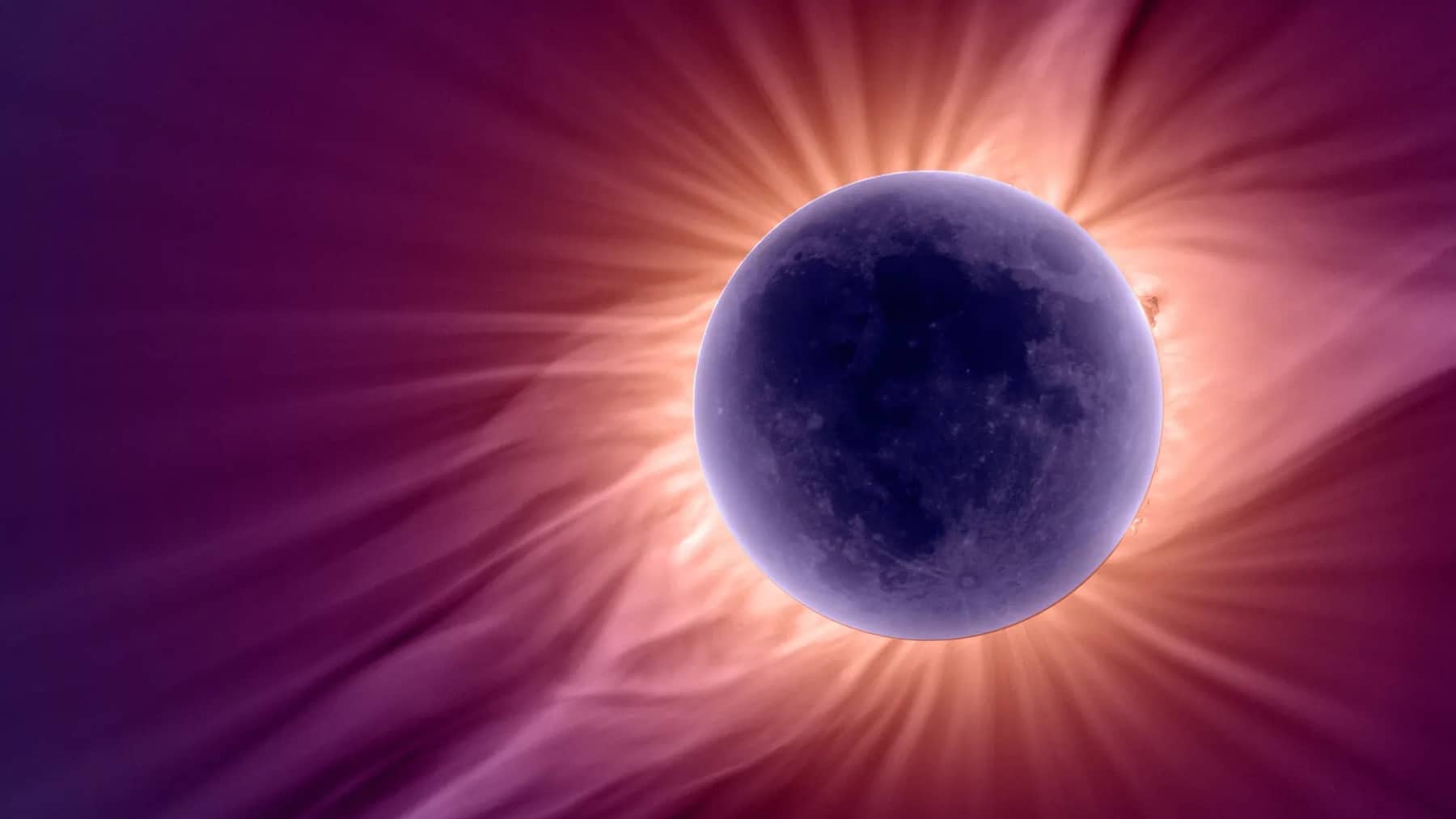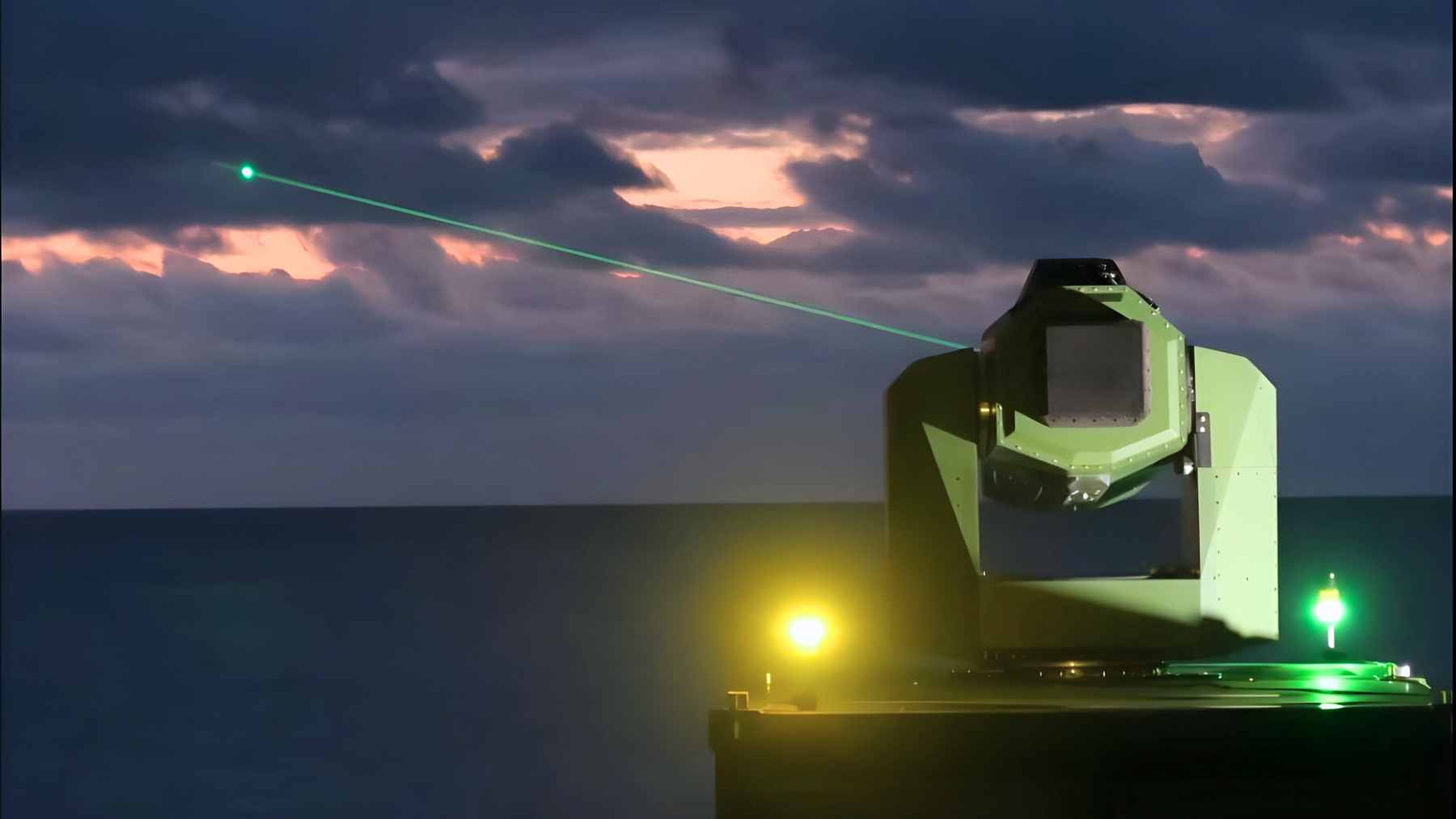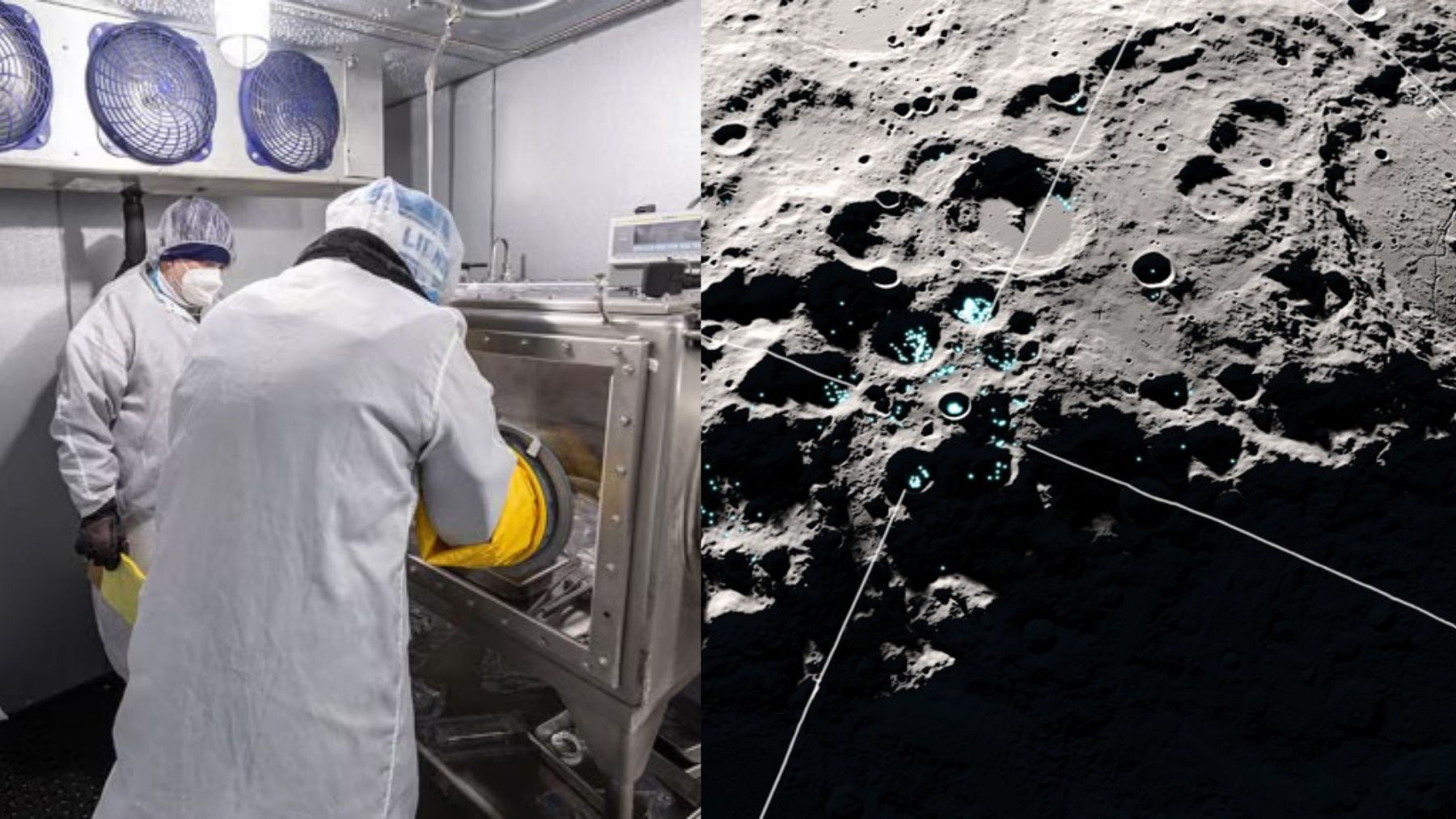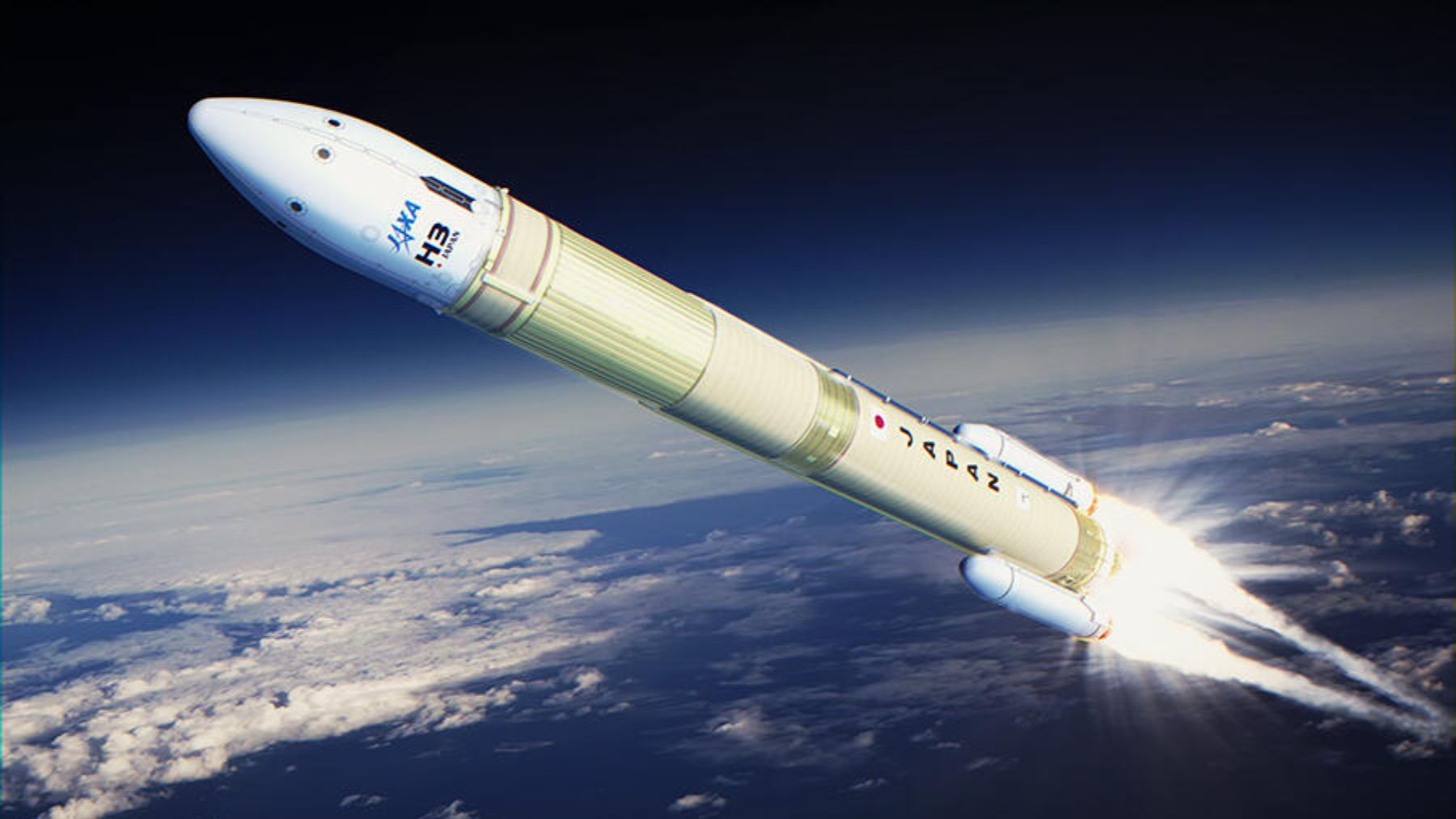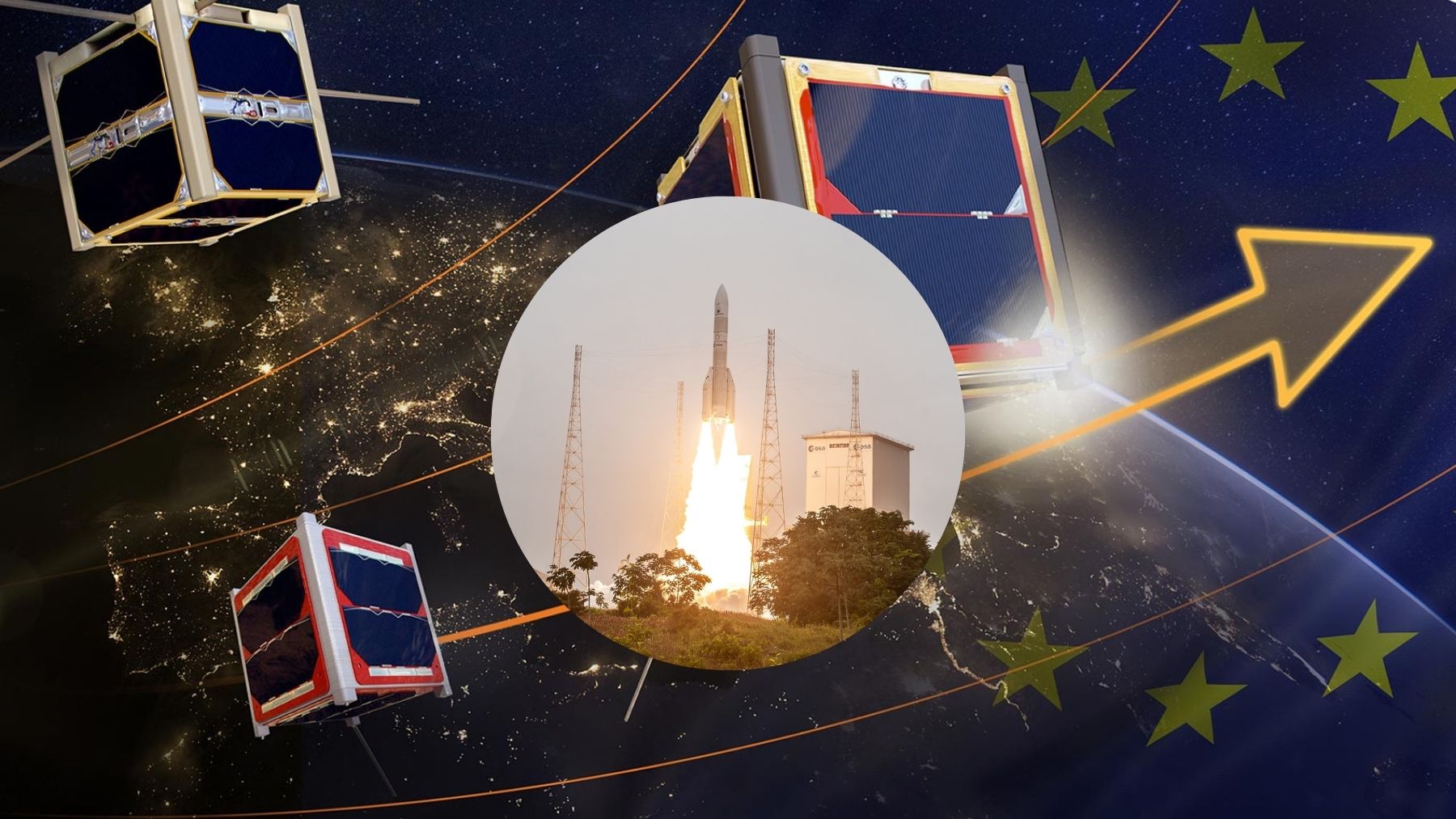It’s not just scientists who get excited when they see an astronomical event coming from the sky… in fact, we are all impacted when something different is about to happen. This is because we are talking about phenomena that defy logic, bring crowds together and even make the world pause for a few minutes. However, what is coming this time will surpass any recent event recorded in human memory, because it only happens once every 12 thousand years.
The astronomical event that will break all records
Before we go into details, we just wanted to say that you should prepare yourself as much as possible for this astronomical event, because the last time it happened was 12,000 years ago, between 4000 BC and 8000 AD. Now, NASA has revealed that it will happen again on July 16, 2186, crossing part of the South American continent. It will be possible to see it at maximum intensity, mainly in Colombia, Venezuela, and Guyana.
Now, talking more about the trajectory of this event, it will begin over the Pacific Ocean, advance through Panama and enter the north of South America. There in Colombia, specifically, the shadow of the phenomenon will pass over regions such as Chocó, Antioquia and Bolívar, and cities such as Buenaventura. Ok, but what astronomical phenomenon is this?
We are talking about a total solar eclipse. And not just any eclipse, but the longest total solar eclipse ever predicted in human history. According to NASA experts, it will set a new historical record, lasting 7 minutes and 29 seconds, surpassing any other recorded in the past 12,000 years.
What is a total solar eclipse?
To better understand the phenomenon, we need to remember that during an eclipse of this type, the Moon is positioned exactly between the Earth and the Sun, meaning it completely blocks sunlight. This causes a rare moment of total darkness during the day. These eclipses happen every 18 months at some point on the planet, but seeing one in the same place can take centuries, and one of this duration is almost a miracle…
As we already know, NASA has confirmed that this eclipse will be the longest ever recorded, and it will even surpass some famous eclipses of the past by several seconds. Just to give you an idea, the shortest known solar eclipse occurred in 919 AD and lasted only 9 seconds. And why is it so impressive?
In addition to its scientific value, this event carries a strong symbolic and emotional component. Because for almost eight minutes, a part of the world will witness the transformation of day into night, something that is a cosmic spectacle so rare that it will require preparation, precision and, of course, luck to be seen safely (just as some states in America saw a huge planet a few nights ago).
What can we see before this astronomical event itself?
Even though this upcoming event is impressive and historic, let’s face it, it will take a while to happen. So, here are some other less grandiose but still fascinating events that are already on astronomers’ radar:
- September 21, 2025: Eclipse visible from New Zealand and parts of Antarctica.
- August 12, 2026: Eclipse crossing Greenland, Iceland and Spain.
Colombia itself will also have other very interesting eclipses coming up. Partial and total eclipses are expected in 2029, 2031 and 2034, as well as an annular eclipse in 2038 (which creates the famous “ring of fire” in the sky when the Moon does not completely cover the Sun). Yes, we have a lot of astronomical events on our calendar, each more historic than the last, like this stellar explosion, seen every 80 years.
